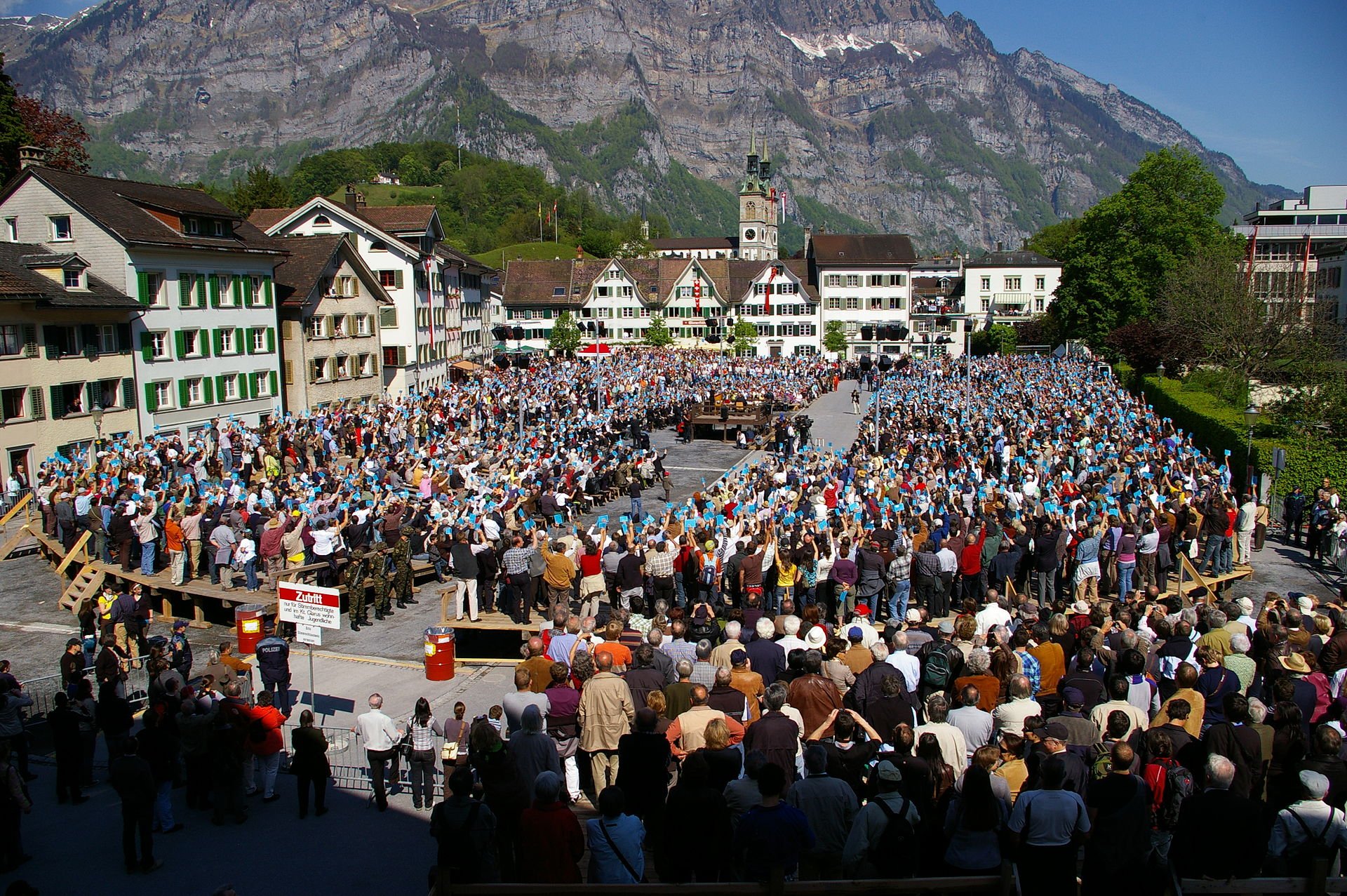this post was submitted on 27 Jul 2023
6 points (87.5% liked)
Narrow Community. Political science and adjacent disciplines
120 readers
1 users here now
The goal of this community is to educate everyone (and ourselves) by sharing the articles, books and general knowledge about politics and society.
Named after a book "The Narrow Corridor: States, Societies, and the Fate of Liberty"
founded 2 years ago
MODERATORS
you are viewing a single comment's thread
view the rest of the comments
view the rest of the comments

This happens mostly with either newly elected officials, when the imposter syndrome is still strong, or with officials who want to be reelected, and have a strong opposition.